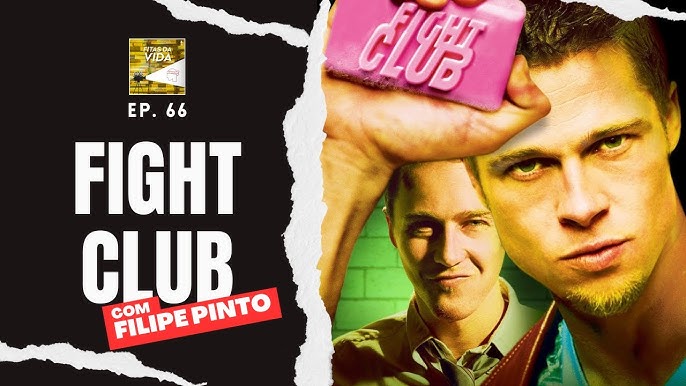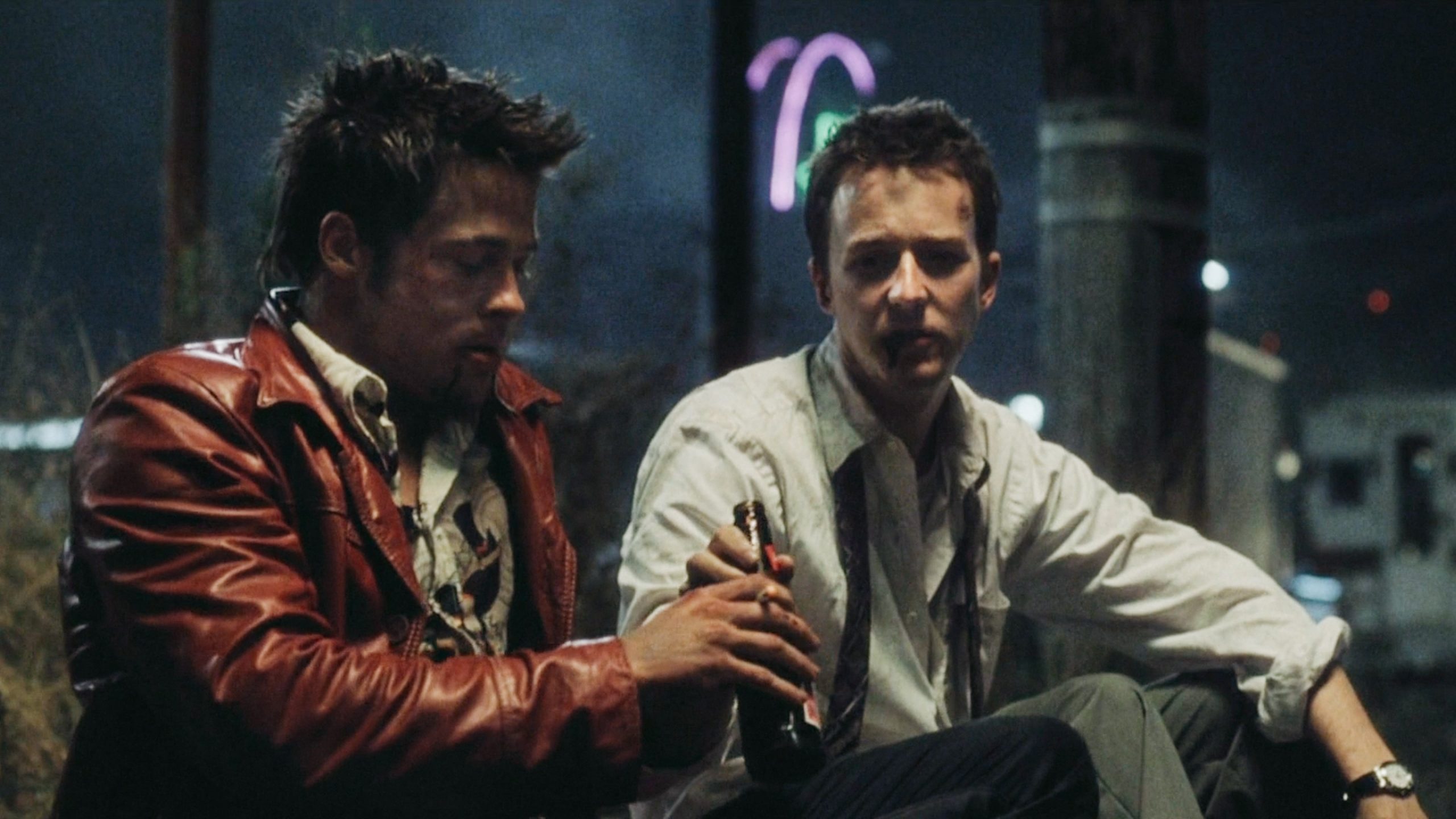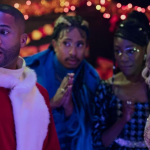🎬 Fight Club (1999)

Fight Club (1999), directed by David Fincher and based on the novel by Chuck Palahniuk, is a provocative and iconic film that delves into themes of identity, consumerism, and the dark side of masculinity. The film has become a cult classic, known for its gripping narrative, psychological depth, and unexpected twists.
Plot Summary:

The story follows an unnamed narrator (played by Edward Norton), a disillusioned white-collar worker suffering from insomnia and a growing sense of alienation in modern society. He leads a monotonous life, consumed by his material possessions and his corporate job. Seeking some relief, he attends support groups for various ailments, finding a strange comfort in these environments despite not suffering from the conditions discussed.
His life takes a dramatic turn when he meets Tyler Durden (Brad Pitt), a charismatic and anarchistic soap salesman who offers him an alternative perspective on life. Tyler embodies the narrator’s suppressed desires and frustrations with modern society. Together, they form “Fight Club,” an underground group where men gather to engage in brutal, bare-knuckle fights as a means of reclaiming their sense of identity and masculinity, free from societal constraints.

As Fight Club grows in popularity, it evolves from a simple outlet for male aggression into a more dangerous, radical movement called “Project Mayhem,” aimed at dismantling consumer culture and challenging societal norms. Tyler’s influence over the narrator intensifies, leading to a shocking revelation: Tyler Durden is not real but rather a projection of the narrator’s split personality, representing his repressed anger, desires, and rejection of societal values.
The film builds to a climax as the narrator struggles to stop Tyler’s plan to destroy major financial institutions, realizing that in order to regain control of his own life, he must confront and “kill” this darker aspect of himself.
Themes:

Fight Club is a multi-layered film that explores several profound and often controversial themes:
- Consumerism and Identity: The film critiques modern consumer culture, where people are defined by their possessions and societal status. The narrator’s existential crisis is fueled by his realization that his materialistic lifestyle is empty and unfulfilling.
- Masculinity and Repression: Fight Club serves as an outlet for men to reclaim a sense of power and identity in a world where traditional notions of masculinity are increasingly challenged or repressed. The film explores how unchecked aggression and frustration can lead to toxic behavior and chaos.
- Psychological Fragmentation: The duality of the narrator and Tyler Durden reflects the battle between the civilized self and the primal, instinctual side. The film questions the nature of identity and self-awareness, highlighting how easily the mind can fracture under societal pressures.
- Rebellion and Destruction: Tyler represents a complete rejection of societal rules, advocating for destruction as a means of liberation. The escalation of Fight Club into Project Mayhem demonstrates how rebellion without limits can spiral out of control.
Cinematic Style:
David Fincher’s direction is dark, gritty, and visually dynamic, using a combination of fast-paced editing, surreal imagery, and voice-over narration to immerse the audience in the chaotic mindset of the narrator. The film’s bleak yet stylish aesthetic complements its intense and often disturbing themes.
The performances of Edward Norton and Brad Pitt are widely praised, with Norton portraying the inner turmoil and vulnerability of the narrator, while Pitt’s portrayal of Tyler Durden exudes charisma, menace, and freedom.
Legacy:

Fight Club was initially met with mixed reviews, with some critics finding its themes controversial and its violence excessive. However, it has since gained a massive cult following and is now regarded as one of the most influential films of its era. Its exploration of existential dread, societal disillusionment, and the search for meaning continues to resonate with audiences.
The film’s famous twist, “The first rule of Fight Club is you do not talk about Fight Club,” and its philosophical questions about the nature of freedom and control have made it a cultural touchstone. Fight Club challenges viewers to question their own lives, their roles in society, and what it means to be truly free.
Suggested videos for you:
The Haunting of Alice: A Finnish Soldier’s Revenge | SISU 2022
Suggested videos for you:
Meg 2 : Jaws of Terror: A Deadly Encounter in the Deep
Suggested videos for you:
The Turning Point of World War II: The Battle of Midway
Suggested videos for you:
Rambo: The Last Stand ( 2008 ) | Movie Action
Suggested videos for you:
Against the Odds: A Fractured Alliance
Suggested videos for you:
Latest Furiosa 2024 is a Fan Favorite
Suggested videos for you:
Betrayal at the Table: A Dinner Gone Wrong
Suggested videos for you:
When Human Blood Runs Dry, The Vampire Empire Begins to Crumble Daybreakers( 2009 )











